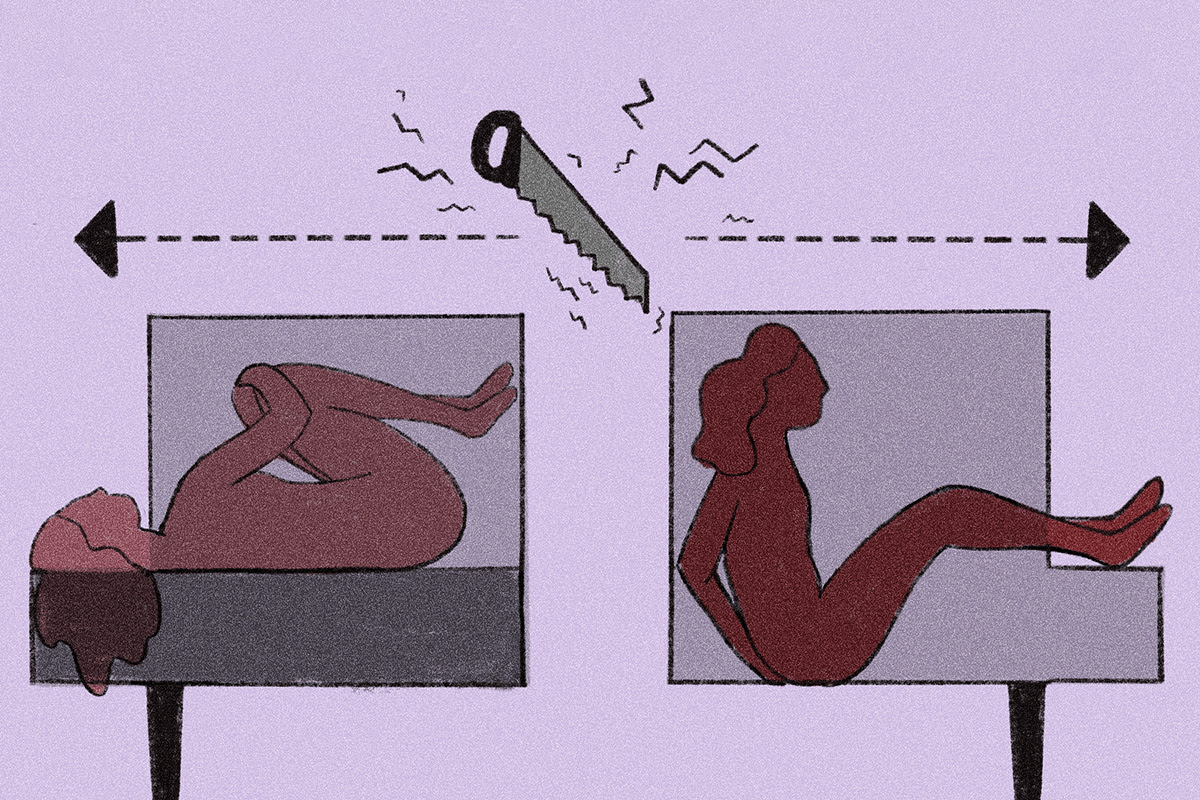Certain diets and foods can help reduce stress by supporting the body's ability to regulate stress hormones and improve mood. Here's a breakdown of foods and nutrients that may relieve stress:
Complex Carbohydrates: Foods like whole grains, oats, and quinoa can help the brain produce serotonin, a calming neurotransmitter. Carbohydrates also help stabilize blood sugar levels, which can prevent stress-related irritability.
Omega-3 Fatty Acids: Found in fish like salmon, walnuts, and flaxseeds, omega-3 fatty acids can reduce the production of stress hormones like cortisol and adrenaline. They also support brain health, helping to improve mood and cognitive function.
Magnesium-rich Foods: Magnesium helps relax muscles and nerves, reducing feelings of tension. Foods high in magnesium include spinach, avocados, bananas, and dark chocolate.
Vitamin C: This antioxidant is known to reduce stress hormones. Foods rich in vitamin C, like oranges, strawberries, and bell peppers, can boost the immune system and lower cortisol levels.
Probiotic-rich Foods: There is a strong connection between gut health and mood regulation. Foods like yogurt, kefir, and fermented foods (sauerkraut, kimchi) can promote healthy gut bacteria, which may reduce stress and anxiety.
Herbal Teas: Chamomile, green tea, and peppermint tea are known for their calming effects. Green tea also contains L-theanine, an amino acid that promotes relaxation.
Nuts and Seeds: Almonds, walnuts, and pumpkin seeds provide a good source of healthy fats, magnesium, and B vitamins, all of which support a healthy stress response.
Dark Chocolate: In moderation, dark chocolate can lower stress hormones and improve mood by increasing endorphins and serotonin levels.
Incorporating these foods into a balanced diet, alongside proper hydration, regular exercise, and adequate sleep, can help manage stress more effectively.














